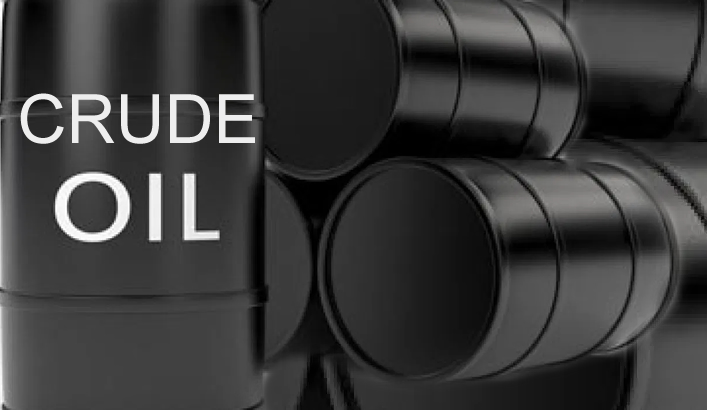Nigerian crude oil prices soared to their highest level of 2025, closing Friday at $77 per barrel, as geopolitical tensions in the Middle East drove up market volatility. Premium grades like Brass River and Qua Iboe rose slightly higher, reaching $77.20, amidst escalating hostilities between Israel and Iran.
This spike places Nigerian oil above the Federal Government’s 2025 budget benchmark of $75, potentially offering the government increased fiscal flexibility as revenue from oil exports improves.
Geopolitical Turmoil Fuels Price Surge
Concerns over a widening conflict between Israel and Iran have disrupted energy markets, with fears that export routes through the critical Strait of Hormuz could be compromised. Israel recently launched airstrikes on Iranian energy infrastructure, including a gas plant tied to the South Pars field and multiple onshore tank farms—moves that intensified concerns about a broader disruption in the region.
Although the attacks affected Iran’s domestic energy grid more than its export infrastructure, traders remain on edge about the potential for escalated military actions targeting oil facilities.
Impact on OPEC and Global Supply
Iran, the third-largest oil producer in OPEC, has long faced sanctions but remains a major player in the global energy market, producing nearly 3.4 million barrels per day. While Iran’s allied Houthi forces have continued attacks on vessels in the Red Sea, Tehran itself has never followed through on threats to block the Strait of Hormuz, through which about one-fifth of global oil flows.
Analysts are closely watching to see whether Israel will escalate further, targeting more of Iran’s energy production. Should Iranian exports be severely curtailed, OPEC’s spare capacity—particularly from Saudi Arabia and the U.A.E.—may struggle to fully compensate, creating a politically sensitive balancing act.
The memory of the 2019 Abqaiq attack, where Houthi forces struck a major Saudi oil facility after tensions with Iran escalated, still lingers in Riyadh’s strategic calculations.
Market Outlook: Supply Secure but Caution Prevails
Despite the turmoil, the International Energy Agency (IEA) reassured markets that global supply remains well-cushioned. The Paris-based agency stated that increased OPEC+ output and dampened fuel demand have created a buffer, and that emergency stockpiles are available if needed.
This has offered temporary relief to energy traders who saw one of the steepest price drops in three years earlier in the week, even as fears of a wider conflict remain.
Trump Urges Peace as Oil Prices Rise
Former U.S. President Donald Trump, commenting via Truth Social, called for a peace deal between Israel and Iran, expressing concern over the impact of soaring oil prices on global economies. Trump, who has previously pushed for aggressive sanctions against Iran, hinted that a resolution is both necessary and achievable.
Analysts agree that an attempt to block the Strait of Hormuz would likely alienate key Iranian buyers like China and cripple Tehran’s export routes, making such a move unlikely—but not impossible.
Conclusion: Nigeria Gains, but Uncertainty Lingers
With oil prices now exceeding budget projections, Nigeria stands to benefit in the short term. However, the market remains on high alert, with any disruption in Iranian output or further escalation in the Middle East potentially sending prices soaring—and testing the limits of global supply resilience.

